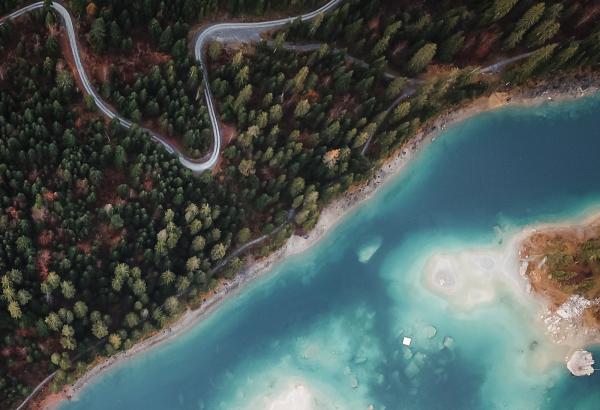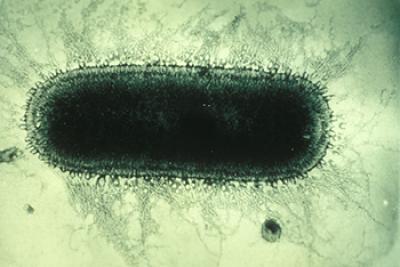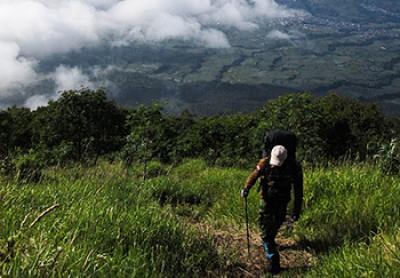Graduate Information
The Ohio State History Department offers a graduate program in the history of environment, health, technology, and science (EHTS). This programme has great chronological, geographical, and thematic breadth. Our faculty members work on (and teach) environmental history, the histories of medicine and public health, the history of technology, climate history, water history, urban history, food history, deep history, Big history, the history of science, energy history and the history of capitalism. We have a strong commitment to researching all these themes in a world-historical context, although individual faculty members are also experts in particular geographical and chronological fields, from Latin America to Japan.

Courses in Environment, Health, Technology, and Science (EHTS)
Environment, Health, Technology, and Science Faculty
Interdisciplinary Research Centers
Graduate Courses in Environment, Health, Technology, and Science
Graduate students at Ohio State have the opportunity to take seminars from leading experts in their fields working at the cutting edge of environmental history, the history of health, disease, and medicine, the history of technology, and the history of science. Below is a list, description, and frequency of commonly offered graduate seminars in these fields.

History 7700: Graduate Readings in Environmental History. This reading seminar is typically offered every autumn semester and its theme, scope, breadth, and depth will vary depending on the instructor's area of emphasis. Students will leave this course with an understanding of environmental history's key themes and relevant historiography.

History 7705: Graduate Readings in the History of Technology. This reading seminar will familiarize students with the key themes and relevant historiography in the field of history of technology.

History 7710: Graduate Readings in the History of Science. This reading seminar will familiarize students with the key themes and relevant historiography in the field of history of science.

History 8700: Seminar in Environmental History, Technology, and Science. In this course students will spend the semester devoted to producing a work of original research. This varies between students, but could result in a thesis or dissertation chapter, a conference paper or talk, a grant application, or a public history project.
